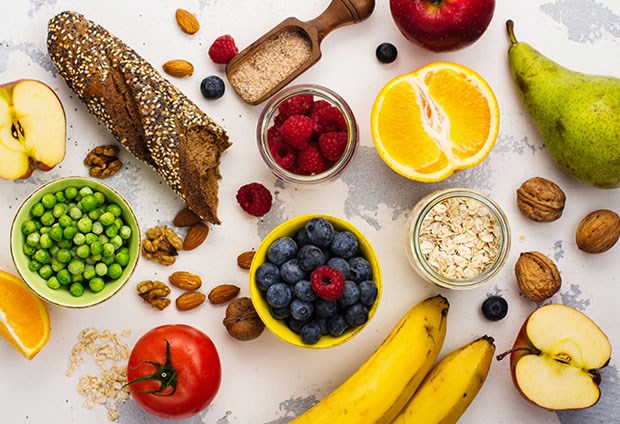I have been in the hospitality and food business as a chef for over 20 years. It has always been my passion to make food not only super delicious, that combines technique and seasonal foods to prepare flavours that people would still talk about for days and weeks to come, but also nutritionally balanced. That was a really exciting time for me.
Preparing food in that way needed to have taken advantages of roasting, frying, searing and grilling to manipulate the food to my will and present it in a way that made my customers feel that this plate was made for royalty.
Although classical cooking always involved making rouxs (flour/fat mixture) to thicken sauces, creams and butters to finish off dishes, I always strived to find different approaches to cooking healthier to produce similar flavours, and textures.
Cooking healthy means feeling better, looking sexier, and living longer, and spending your time and money on your ambitions instead of medicines, hospital bills and doctor visits.
Most everything we eat ends up in our stomach so knowing the importance of our gut health and how to keep that part healthy is important. Gut health as part of daily nutrition is so vital. There’s an intimate connection between the gut health and performing your best. If your gut health is poor, you’re likely to be overweight. If it’s exceptional, you’re likely to be thin. So the mission is to find a way to get exceptional gut health for starters. Your skin will look healthier, you’ll think clearer, and you will be able to lose fat and add muscle, and you’ll have a stronger immune system. Supplementing your diet with a good quality probiotic, especially one that has an enteric coating that will insure that healthy bacteria reaches the gut in its entirety, will provide the “health insurance" of keeping your gut in tip top shape.
Doesn’t it stand to reason then how you feed your body will determine how you feel, look, and live? And shouldn’t you put more thought and energy into sourcing better quality food and how your body works in order to provide the correct source of fuel aswell as knowing when your “gas tank” is empty to know how often to refuel? Those are some of the questions that I work through with my clients to empower them with the knowledge and support to get them on the right track for developing proper daily nutrition habits.
Most people have a misconception on eating healthier. With so many fads and expensive marketing campaigns to sway people in one direction or another, I understand how making the right daily decisions can be difficult. That’s where a health and nutrition coach plays a significant role.
Let's take bread for example. Often when I speak to clients to discuss their wellness and nutrition lifestyles they often start by saying that they don’t eat bread. It’s as if the bread alone has had the greatest impact on their weight gain or health issues.
Bread in fact supplies a significant portion of the nutrients required for maintenance of health and well being. In reasonably controlled amounts bread is even a healthy part of your daily nutrition, (if you don’t have health issues with gluten) and provides essential nutrients including carbohydrates for energy, as well as minerals needed for tissue health. Consuming bread also boosts your intake for several essential nutrients.
Adding bread to your diet helps you consume vitamins B1, B3, Folic acid, and Vitamin E just to name a few.
Carbohydrates is the most important source of fuel for any diet. It’s a critically important energy source during exercise and in fact the body cannot use fat for energy unless carbohydrates is present. Carbohydrates are the fuel the makes the body’s engine run. And its main function is to supply energy to cells. The brain and nervous system rely exclusively on carbohydrates for fuel.
Knowing what to eat can be a challenge but connecting with a health coach will steer you in the right direction. Finding information on the Internet, although can be confusing, can be a tool for sourcing out articles for healthier living. Regardless of what you decide to help you live healthier, the important part is making a decision then taking the necessary steps for action.



